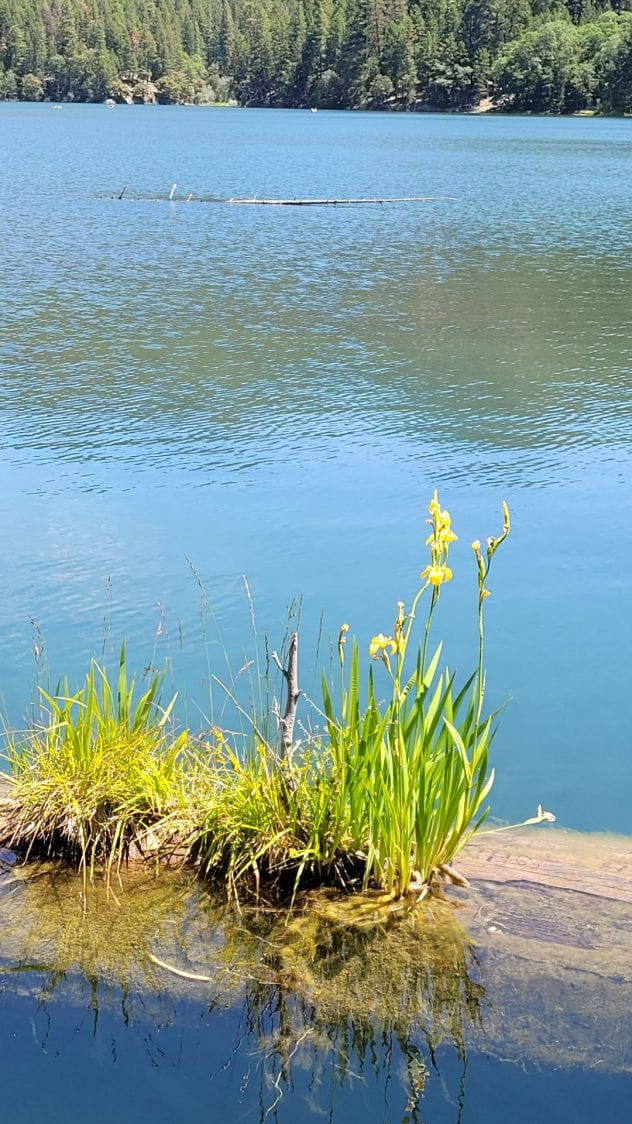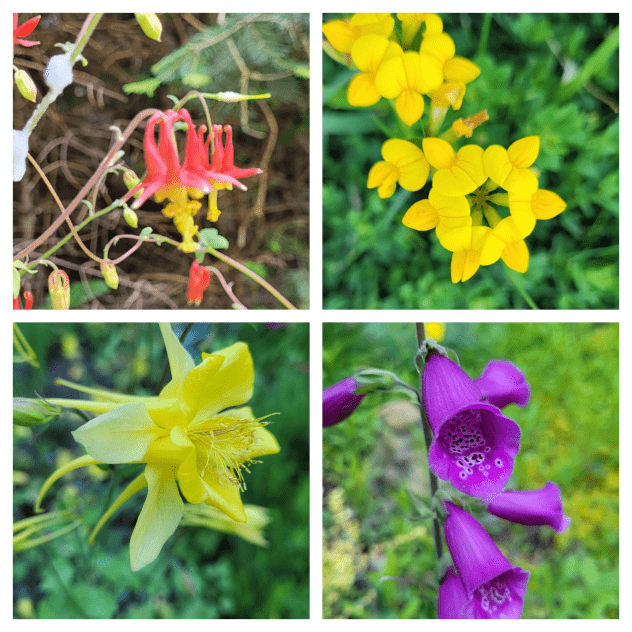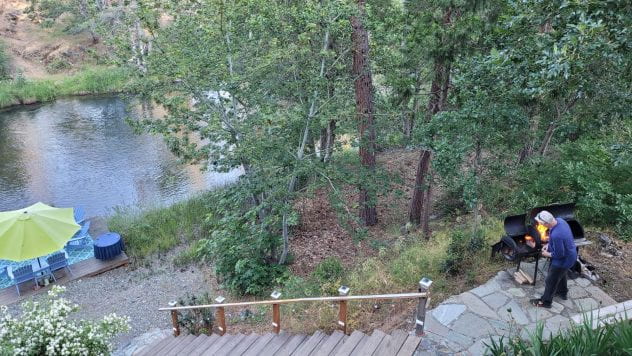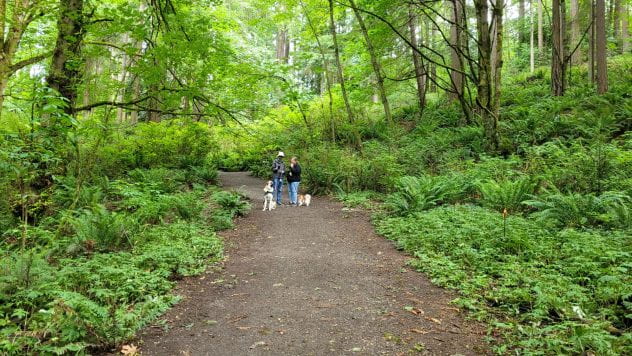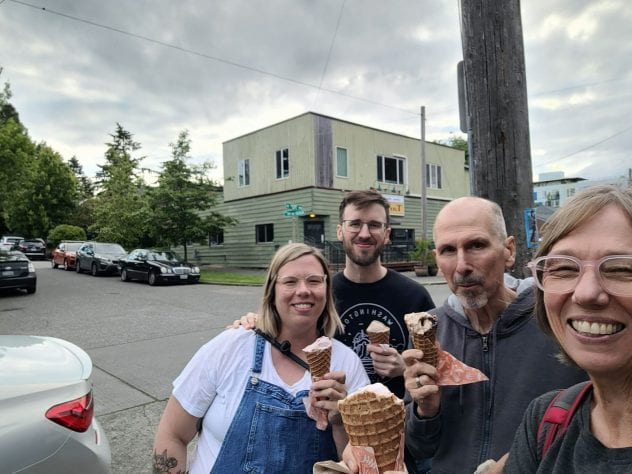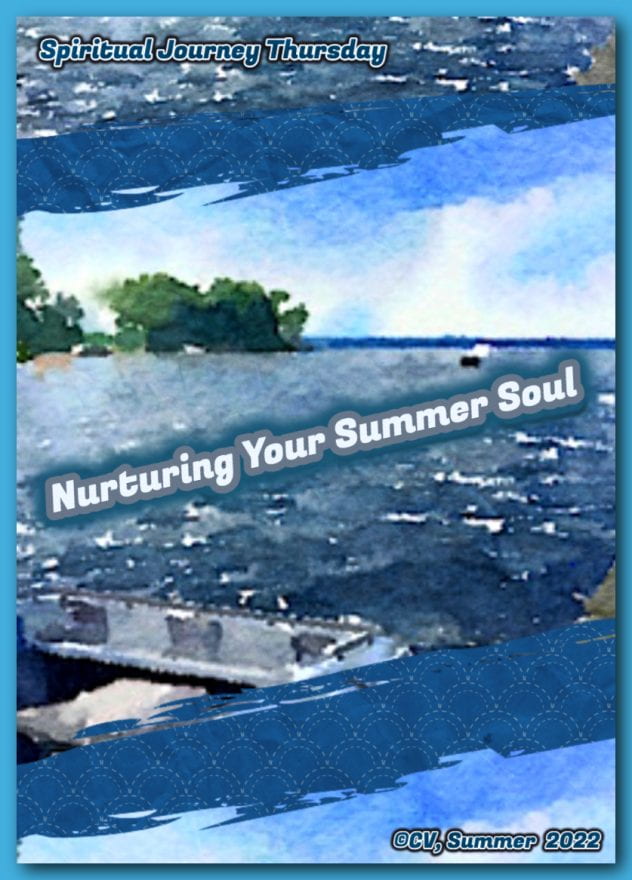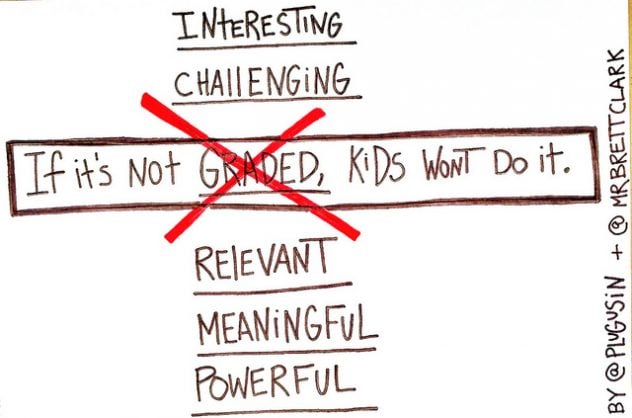Today is Poetry Friday, and our host is Carol Varsalona at Beyond LiteracyLink. She has an invitation for us!


After reading Rose Cappelli’s Reverso poem last week about the love and hate of fall and Patricia Franz’s poem about two opinions of an empty nest, I thought I would give a reverso another try. They shared some good hints by Marilyn Singer. I borrowed phrases from Rose to help make the opposites, like “don’t think” and “I prefer.”
I did cheat with the YES and NO for the last words. I’m going to try this again!
Since we flew to my daughter and son-in-law’s town this week, I thought I’d use flying as my topic. I’m not opinionated either way on what kind of travel I prefer, but I know folks who really are! We are having a grand trip, so I won’t get to be online much this weekend.
Flying
Flying!
This form of travel for me!
Don’t think that I prefer
walking and biking and driving!
That is a no. How about more
flying, not
Anything else! Please!
Flying!!! Yes!
Flying?
Anything else! Please!
Flying! NOT!
That is a no! How about more
Walking and biking and driving!
Don’t think that I prefer
This form of travel for me–
Flying…? No!

